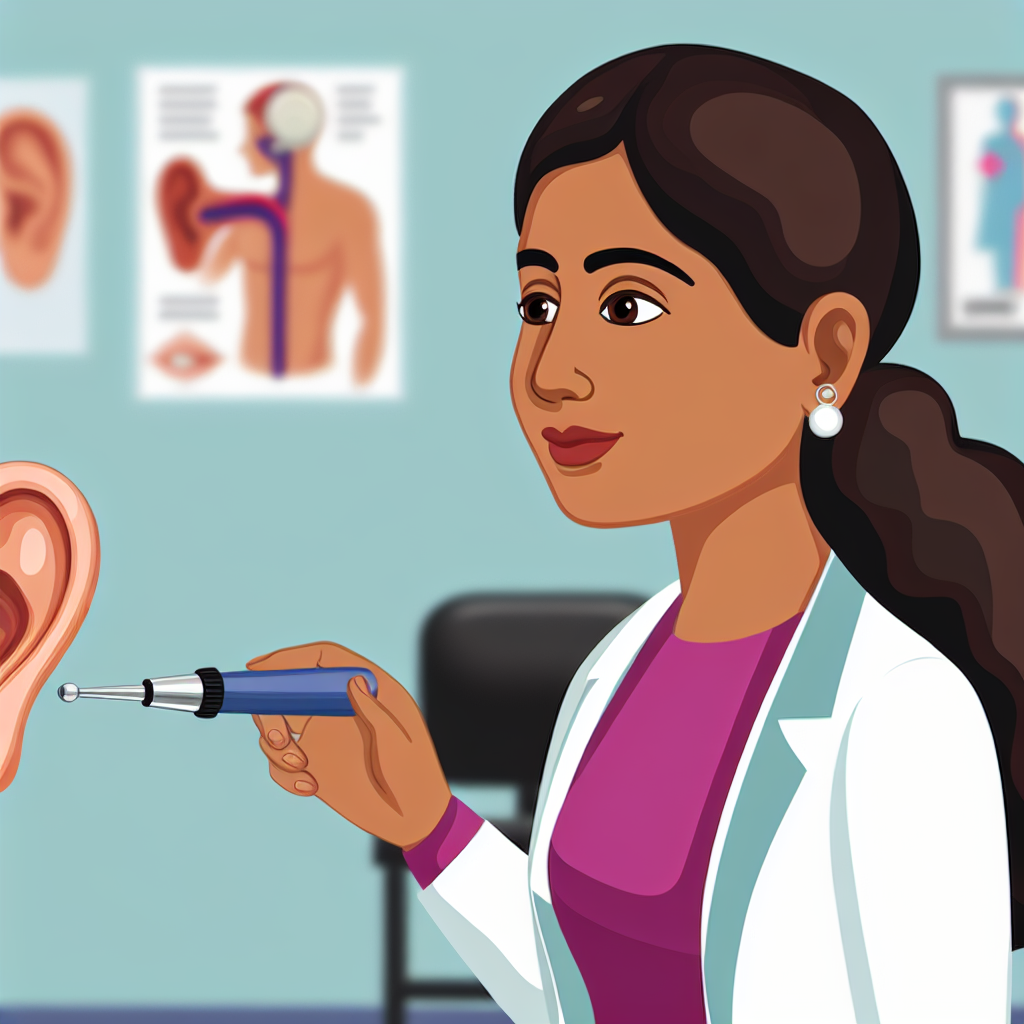
Many people wonder whether audiologists can diagnose ear problems when experiencing hearing issues, ear pain, or other auditory concerns. The answer is yes – audiologists are highly trained healthcare professionals who specialize in diagnosing and treating various ear and hearing-related conditions. Understanding their scope of practice can help you make informed decisions about your hearing health care.
What Are Audiologists and Their Training
Audiologists are healthcare professionals who hold a doctoral degree in audiology (Au.D.) and are licensed to diagnose and treat hearing and balance disorders. Their extensive education includes coursework in anatomy, physiology, acoustics, and various diagnostic techniques. This comprehensive training enables them to identify and assess a wide range of ear problems and hearing conditions.
The typical audiologist completes:
- Four years of undergraduate education
- Four years of doctoral-level audiology training
- Clinical rotations and supervised practice
- State licensing examinations
- Continuing education requirements
Types of Ear Problems Audiologists Can Diagnose
Audiologists are qualified to diagnose numerous ear problems and hearing disorders, including:
- Hearing loss (conductive, sensorineural, and mixed)
- Tinnitus (ringing in the ears)
- Balance and vestibular disorders
- Earwax impaction
- Auditory processing disorders
- Acoustic neuromas
- Otosclerosis
- Meniere’s disease
Through comprehensive hearing testing and specialized diagnostic equipment, audiologists can accurately identify these conditions and recommend appropriate treatment options.
Diagnostic Tools and Testing Methods
Audiologists use various sophisticated diagnostic tools to assess ear problems and hearing function:
- Pure tone audiometry
- Speech audiometry
- Tympanometry
- Acoustic reflex testing
- Otoacoustic emissions (OAEs)
- Auditory brainstem response (ABR)
- Vestibular testing
- Real-ear measurements
These tests provide detailed information about your hearing abilities and can reveal underlying ear problems that may require intervention.
When to See an Audiologist vs. Other Specialists
While audiologists can diagnose many ear problems, certain conditions may require referral to other specialists:
See an Audiologist for:
- Hearing loss evaluation
- Tinnitus assessment and management
- Balance problems
- Hearing aid consultation
- Earwax removal
- Hearing protection needs
May Need ENT Referral for:
- Ear infections requiring medication
- Structural abnormalities
- Surgical interventions
- Chronic ear drainage
The Diagnostic Process
When you visit an audiologist for ear problem diagnosis, the process typically includes:
- Case history review – Discussion of symptoms and medical history
- Visual examination – Otoscopic inspection of the ear canal and eardrum
- Comprehensive testing – Various audiological assessments
- Results interpretation – Analysis of test findings
- Treatment recommendations – Appropriate intervention strategies
Cal Hearing Services
At Cal Hearing, we provide comprehensive audiological services to diagnose and treat various ear problems and hearing conditions. Our experienced audiologists serve communities throughout our service areas, offering personalized care for each patient’s unique needs.
Our diagnostic and treatment services include:
- Hearing testing – Comprehensive evaluations using state-of-the-art equipment
- Hearing aid fitting – Custom solutions for hearing loss
- Tinnitus therapy – Specialized treatment for ringing in the ears
- Hearing protection – Custom earplugs and protective devices
- Hearing aid repairs – Maintenance and troubleshooting services
Benefits of Professional Diagnosis
Seeking professional diagnosis for ear problems from qualified audiologists offers several advantages:
- Accurate identification of hearing issues
- Early intervention opportunities
- Prevention of further hearing damage
- Customized treatment plans
- Ongoing monitoring and support
- Access to latest technology and treatments
Common Signs You Should See an Audiologist
Consider scheduling an appointment with an audiologist if you experience any of these ear problem symptoms:
- Difficulty hearing conversations
- Ringing or buzzing in your ears
- Ear pain or discomfort
- Feeling of fullness in the ears
- Dizziness or balance problems
- Sudden hearing changes
- Excessive earwax buildup
Prevention and Maintenance
Regular hearing evaluations can help detect ear problems early, before they become more serious. Audiologists recommend annual hearing tests for adults over 50 and bi-annual tests for those with known hearing issues or risk factors.
For additional information about hearing health and ear problem prevention, visit our resources section or check out our informative blog for the latest insights and tips.
Conclusion
Audiologists are well-equipped to diagnose a wide range of ear problems and hearing disorders. Their specialized training, advanced diagnostic tools, and comprehensive approach to hearing healthcare make them the ideal first point of contact for most auditory concerns. Early diagnosis and intervention can significantly improve outcomes and quality of life for individuals experiencing ear problems.
If you’re experiencing any signs of hearing loss, tinnitus, or other ear-related issues, don’t wait to seek professional help. Contact Cal Hearing today to schedule your comprehensive hearing evaluation and take the first step toward better hearing health.









